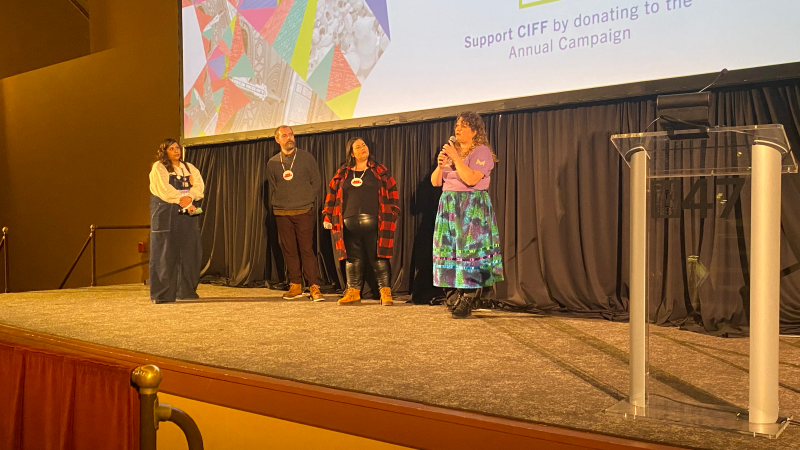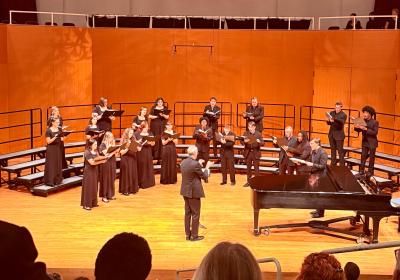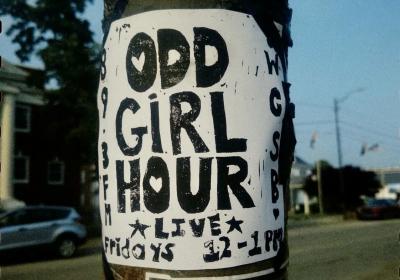
“Bad Press” showcases the struggles Indigenous journalists face
Muscogee (Creek) Nation, in Okmulgee, Oklahoma, is a federally recognized and self-governed Indigenous tribe.
In November 2018, the Muscogee (Creek) National Council voted to repeal the tribe's 2015 Free Press Act.
Angel Ellis, then a reporter, now head of Mvskoke Media, fought to bring freedom of the press back to her people. Her struggle is documented in the film "Bad Press."
The documentary was screened at the Cleveland International Film Festival (CIFF) on March 27. Ellis and the film's co-directors Rebecca Landsberry-Baker and Joe Peeler met with Cleveland State students on March 28 to discuss their work and the struggle their film documents.
They discussed with students the importance of a free press within Indigenous communities, the events of the film, and the inspiration to tell this story.
Ellis began attending council meetings, raising her concerns to members of the national council. Her method was “going balls-out crazy on their ass” to “stun” them, while she continued to spread awareness throughout the area.
“They were going, ‘Does she not realize we can stop paying her?’” Ellis told the students. “But it wouldn’t have mattered to me. I was still going to do it even if they fired me.”
Ellis explained that the events the tribe dealt with reflect a larger picture within the United States. Freedom of the press is a national ideal, protected by the first amendment to the U.S. constitution, a protection not guaranteed to the country's self-governing peoples.
“This is a service you will pay to your people," Ellis said, in regard to free press. "It's just as important as food, water and shelter.”
Muscogee (Creek) Nation had no freedom of the press before 2015 and then lost it again in 2018 before it was restored in 2021, in large part due to the work of Ellis and her colleagues at Mvskoke Media.
Rebecca Landsberry-Baker, co-director of the documentary, former editor of Mvskoke Media and executive director of the Native American Journalists Association, was a journalist throughout this period, wanting to cover the politics of the time.
“I had experienced the same censorship we see in the film,” said Landsberry-Baker. “Some of those same characters, the people that were being indicted, those were the stories that I wanted to cover when we didn’t have free press.”
The repeal of the Free Press Act lasted through an election cycle and was eventually reversed with a historic vote by the people to amend their constitution in favor of a free press in 2021. After the vote in 2021, Muscogee (Creek) Nation became the first Native American tribe to guarantee freedom of the press in its constitution.
Before its showing in Cleveland, “Bad Press” screened at the Sundance Film Festival, where it won the U.S. Documentary Special Jury Award for Freedom of Expression.
For more information on “Bad Press” and the fight for free press in Indigenous communities, visit sundance.org.




